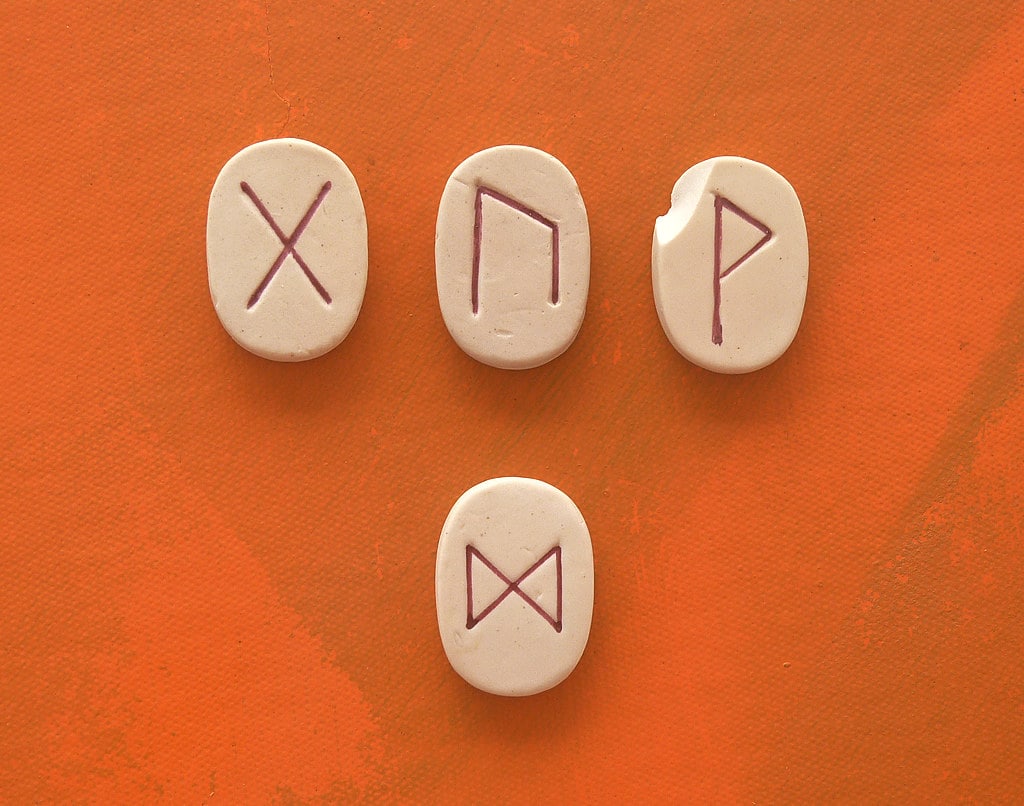
Key Takeaways
- Runes transactions on Bitcoin have dropped over 88% in June.
- Bitcoin miners earned less than 2 BTC from Runes transactions over six days.
- Bitcoin miner reserves hit the lowest level in over 14 years.
Runes, a new token standard on the Bitcoin blockchain, has experienced a drastic decline in daily transactions, plummeting over 88% from its peak in June. Data from Dune Analytics, provided by Crypto Koryo, shows the average daily Runes transactions between June 22–28 dropped to 37,820, down from the 331,040 average recorded between June 9–15.
On June 24, only 23,238 transactions were made, marking the lowest daily count since the protocol’s launch on April 20, coinciding with Bitcoin’s fourth halving event.
The drop in Runes transactions has significantly affected Bitcoin miner fees. Over the past six days, miners have earned less than 2 Bitcoin from Runes transactions, a steep decline from the 884 Bitcoin recorded on April 24. Runes transactions have only accounted for 4.9% to 11.1% of all Bitcoin transactions in the last week.
This decline has also impacted fees from other protocols like Ordinals inscriptions and BRC-20 tokens. Initially, these protocols were seen as a new revenue stream for miners post-halving, but trading volumes have since become unpredictable. The combined fees from Runes and Ordinals helped cover the 50% reduction in block subsidy for a short period after the halving event but have since dwindled.
The reduced network fees and Bitcoin’s price drop have caused Bitcoin’s hash price, a key metric for miner revenue, to approach its lowest level ever. Concurrently, Bitcoin miner reserves fell to 1.90 million Bitcoin on June 19, the lowest in over 14 years.




